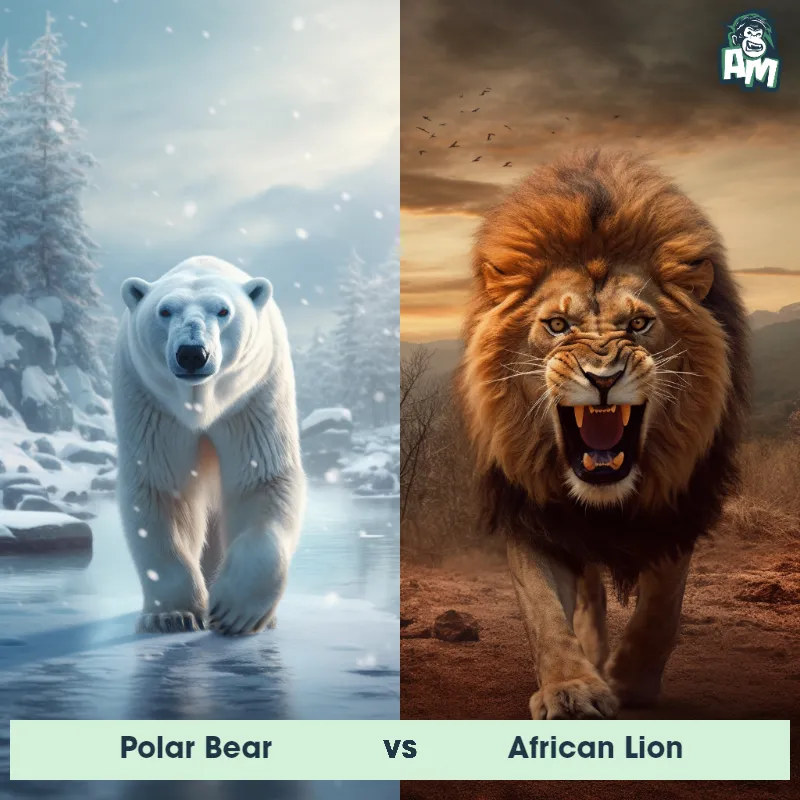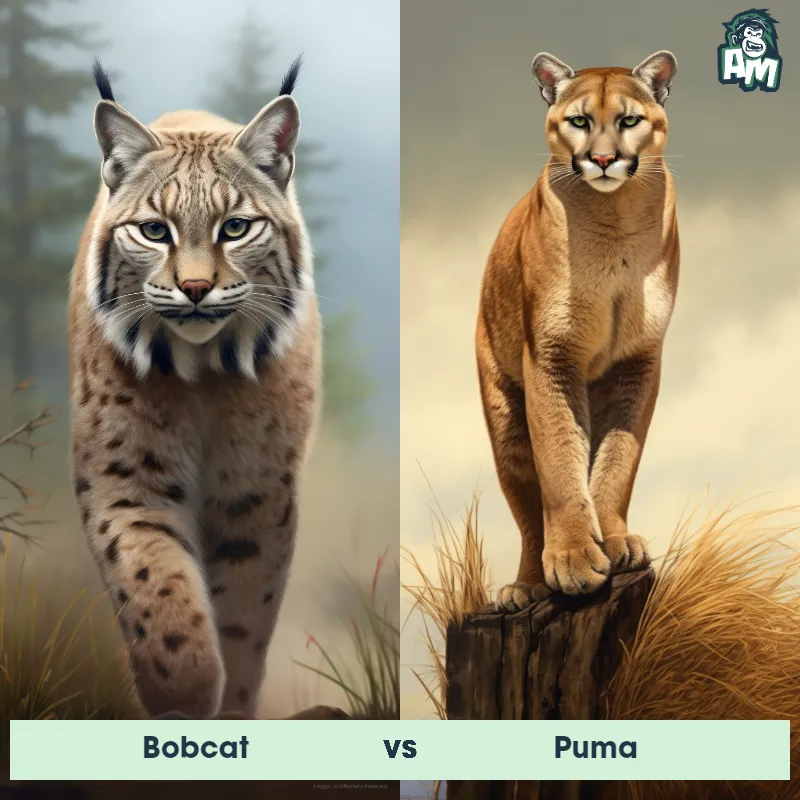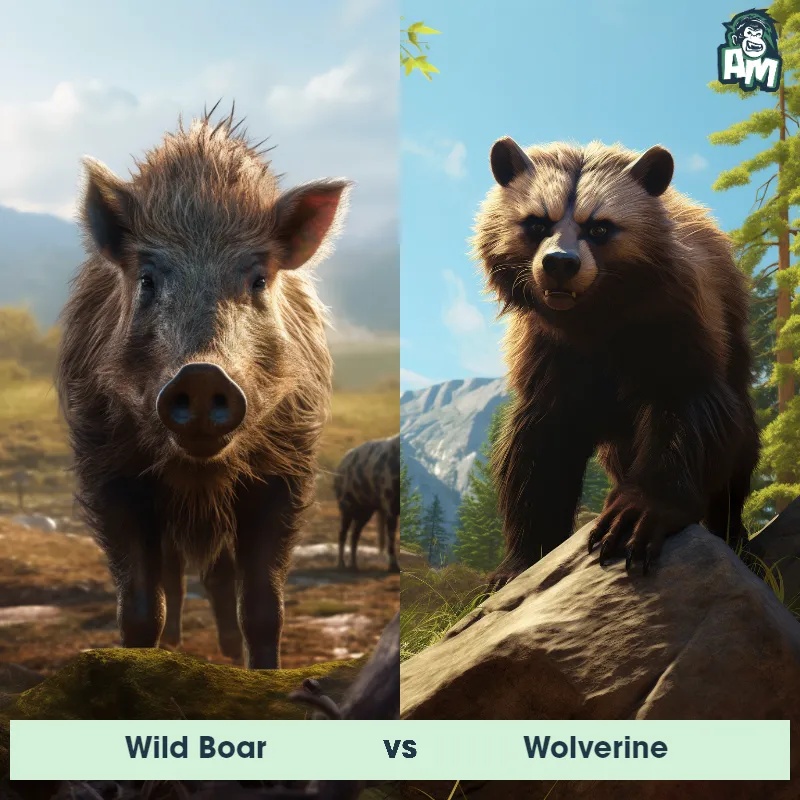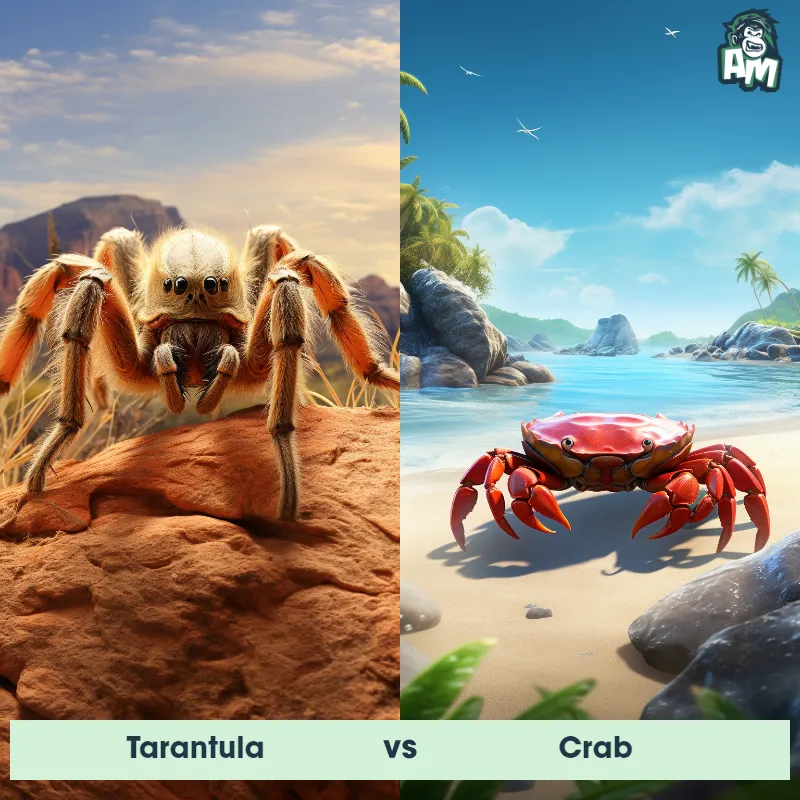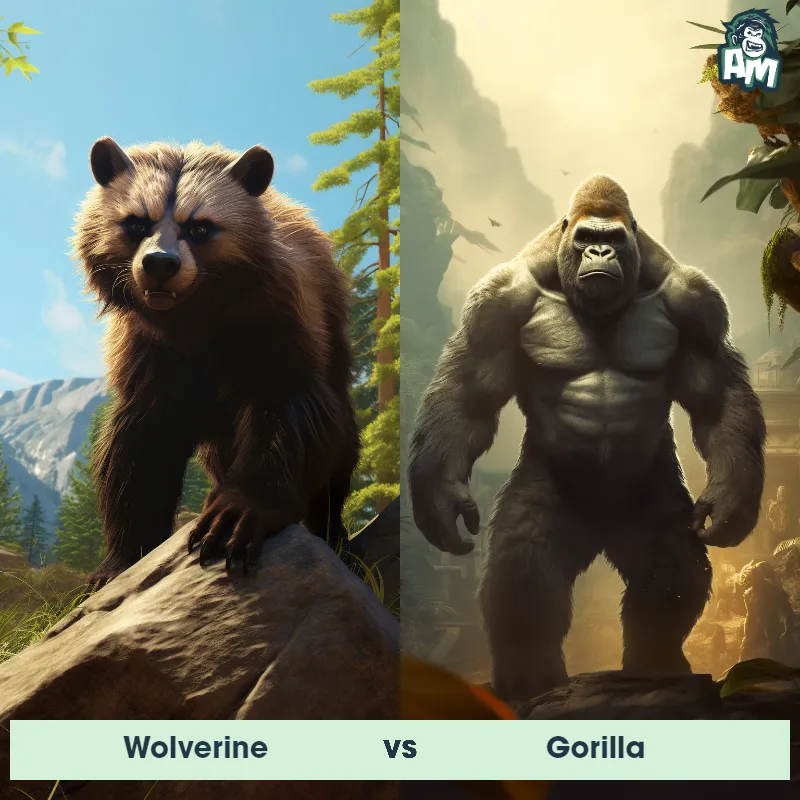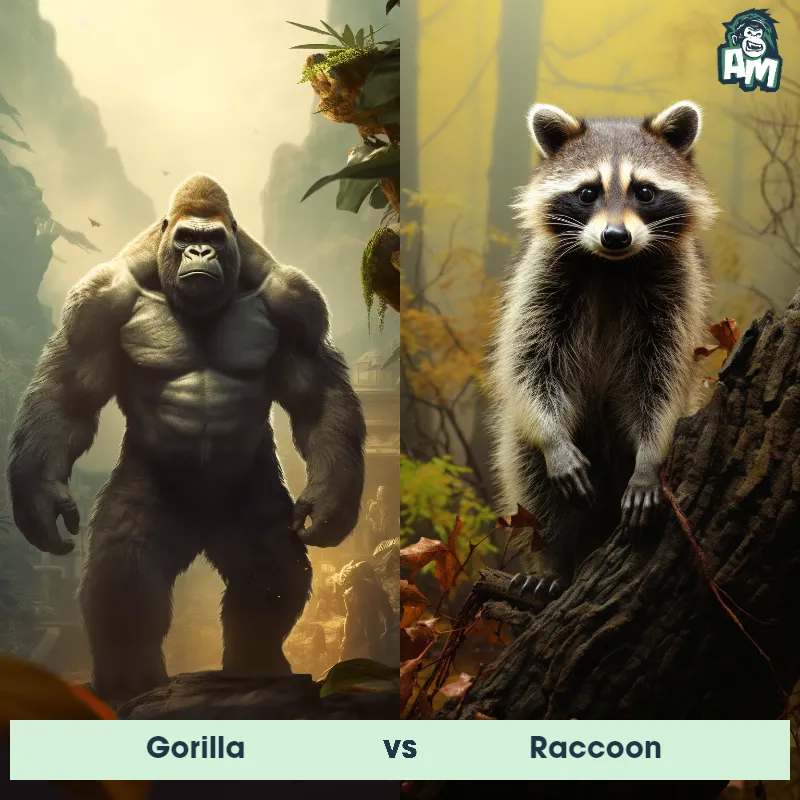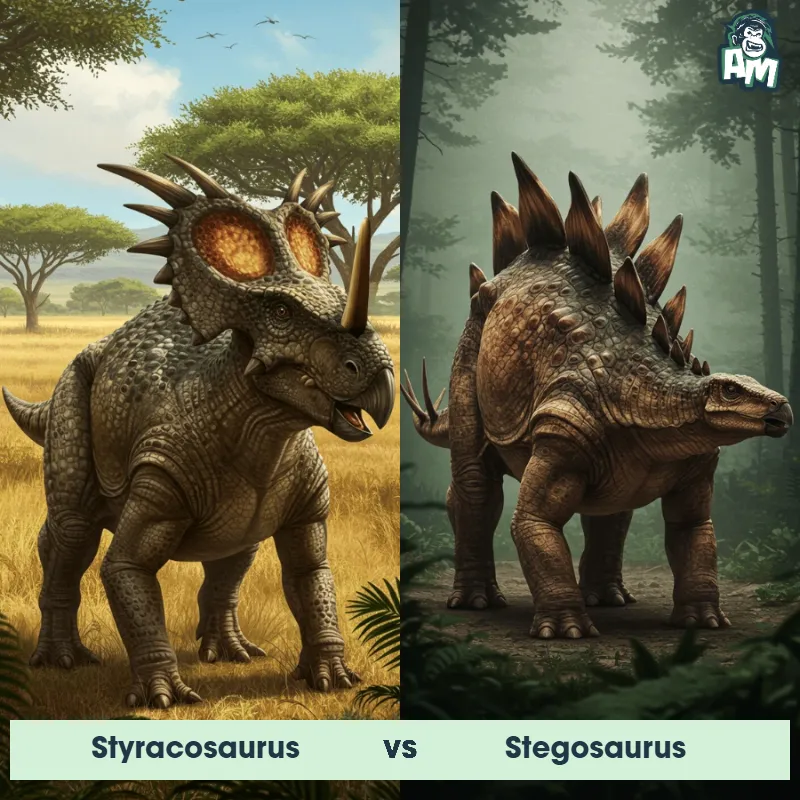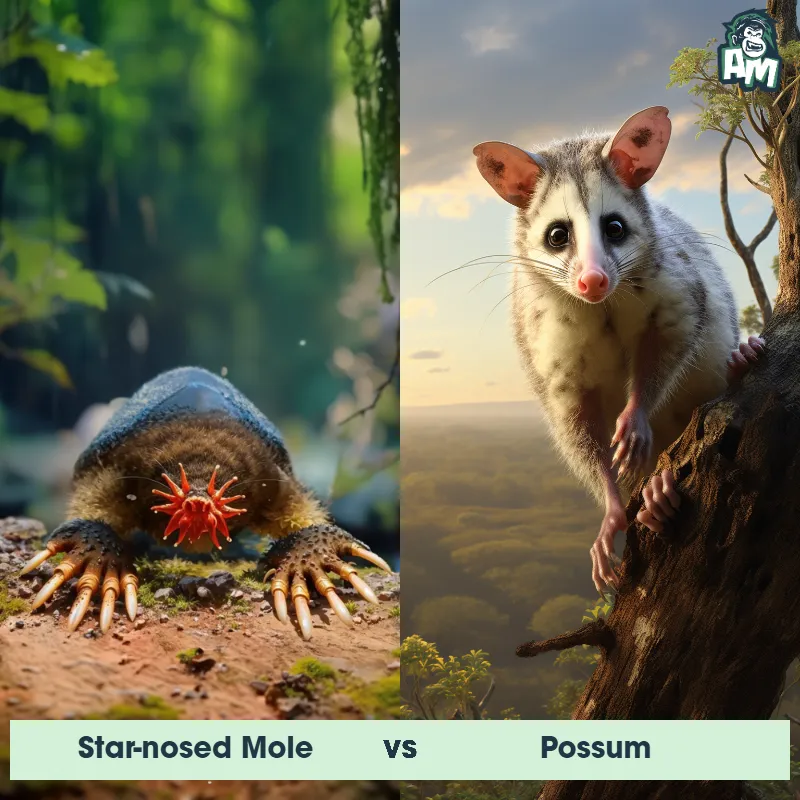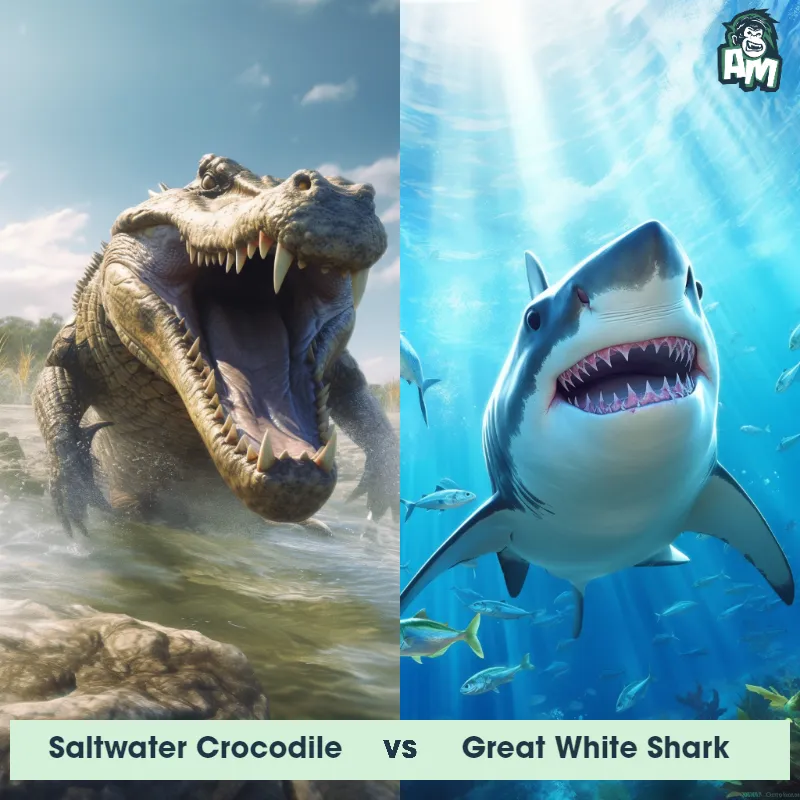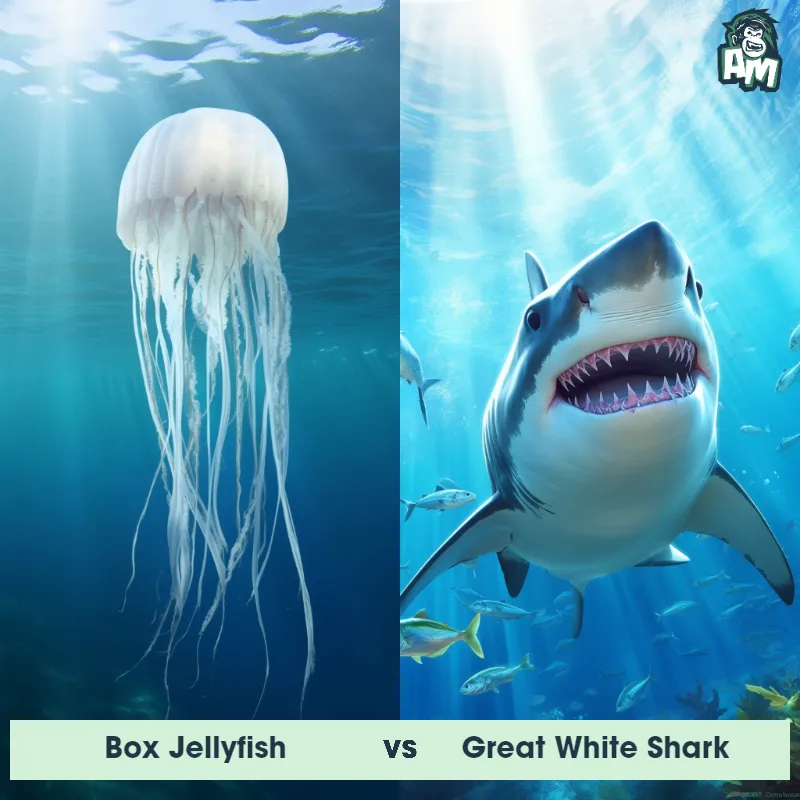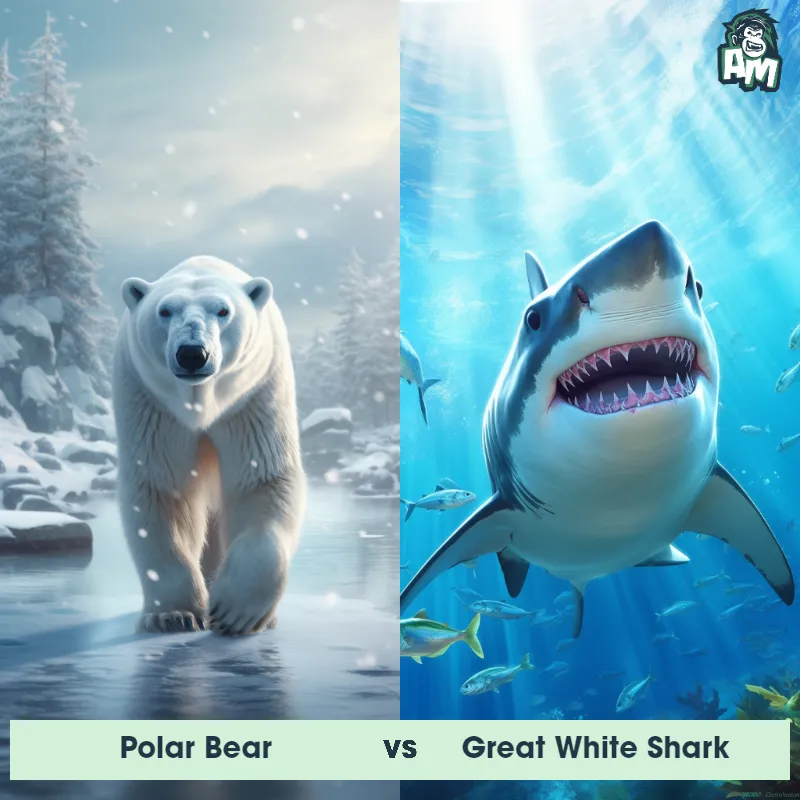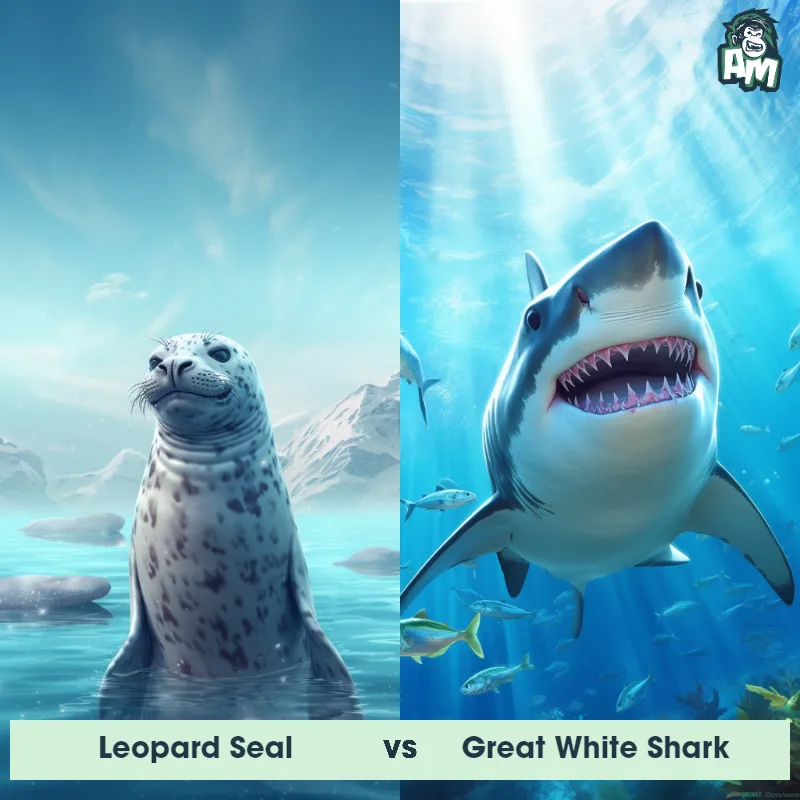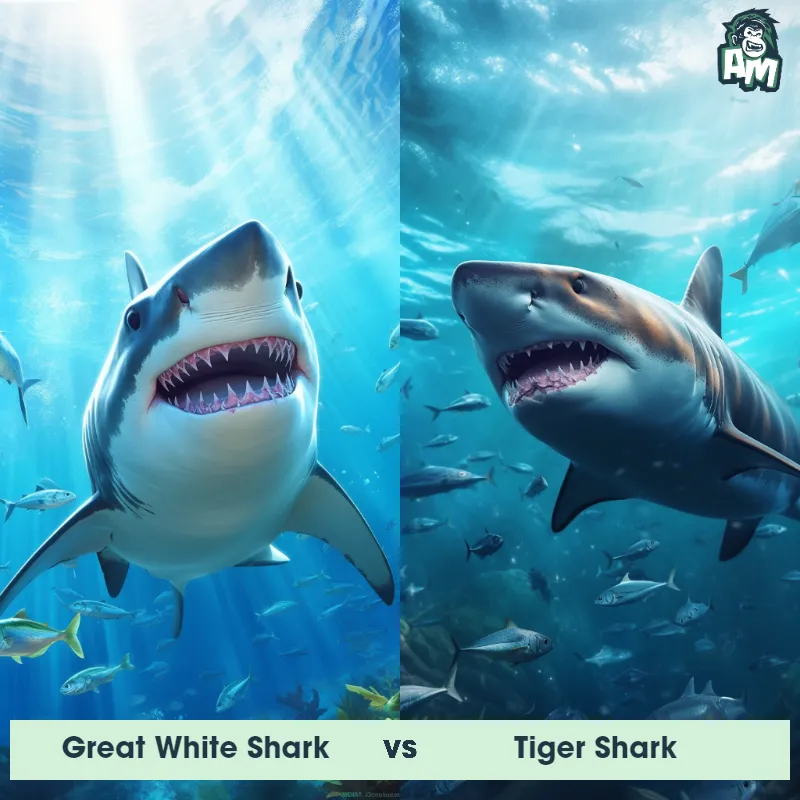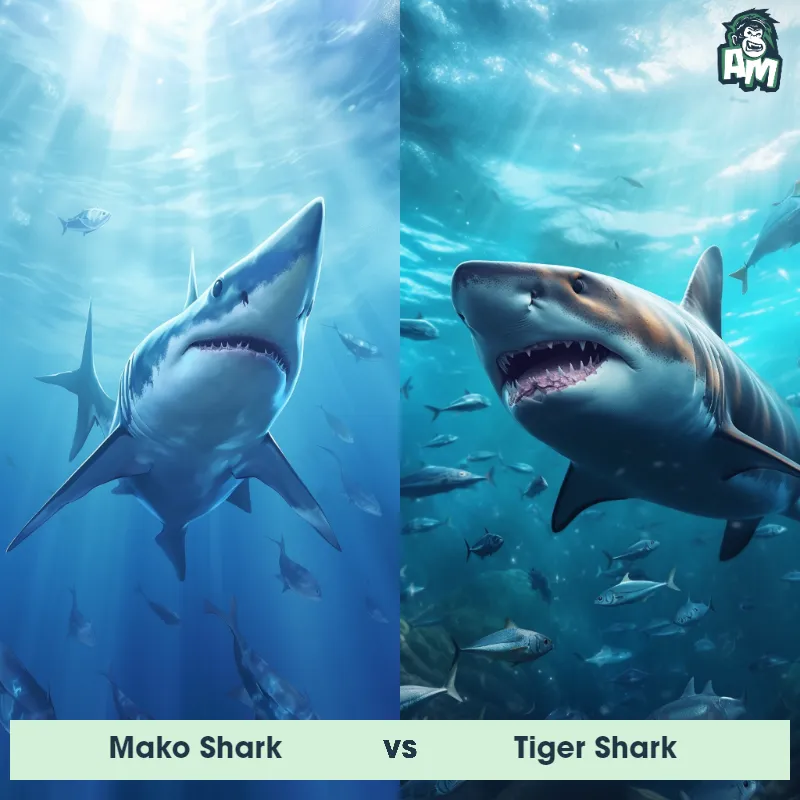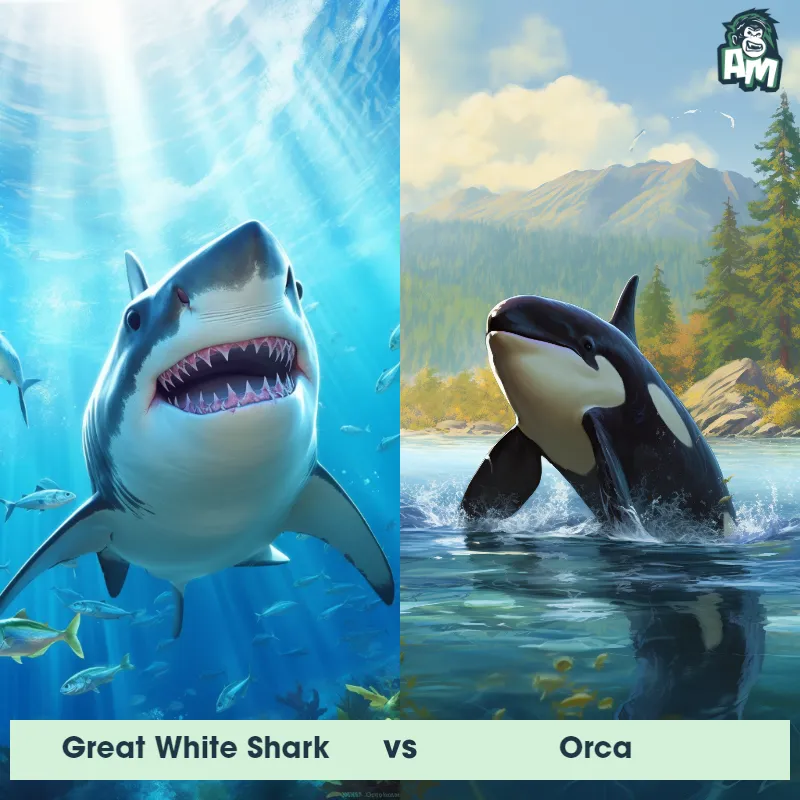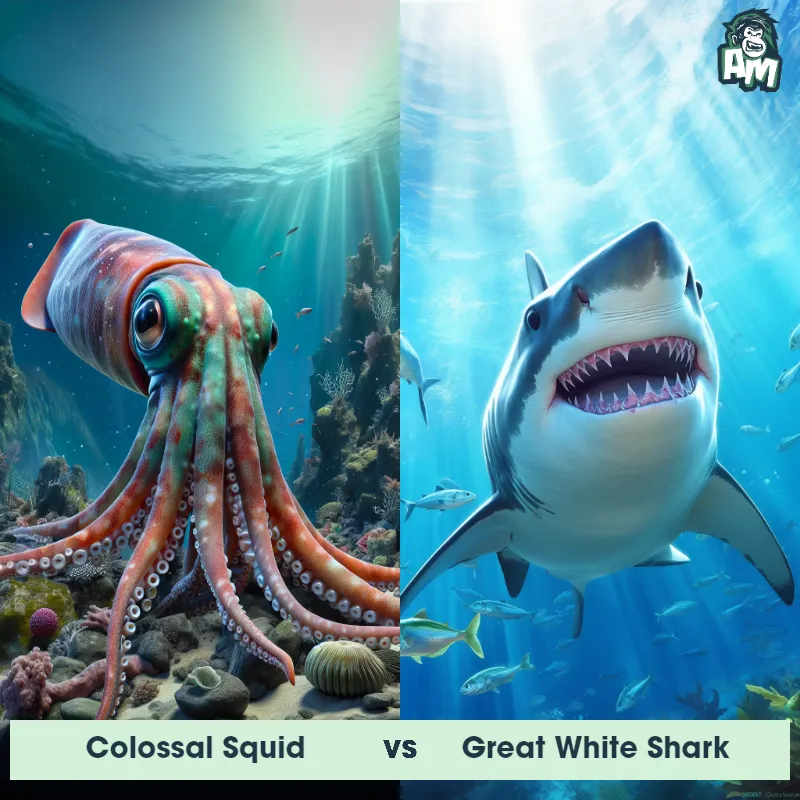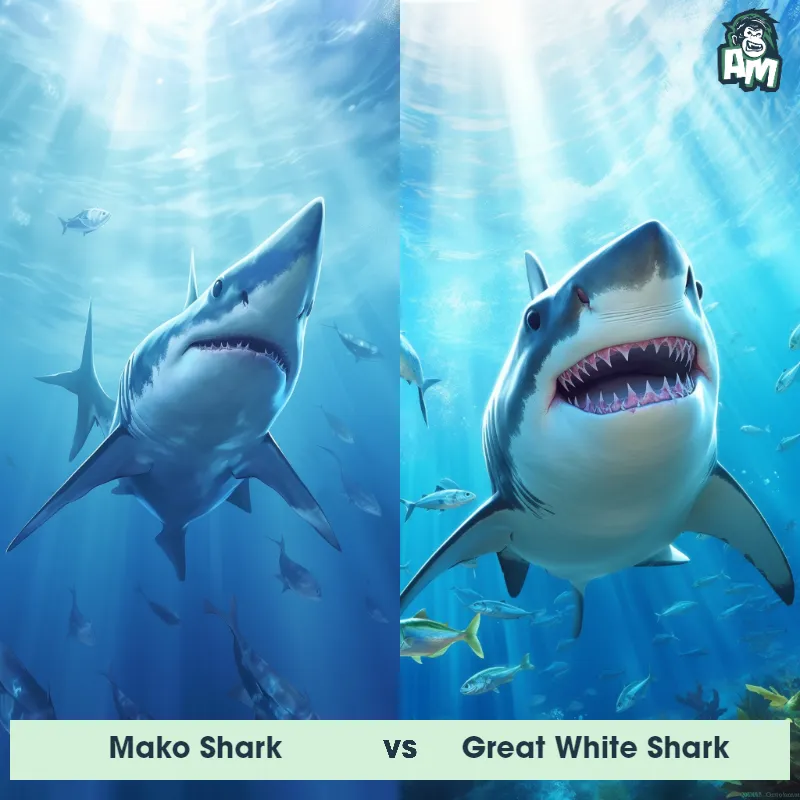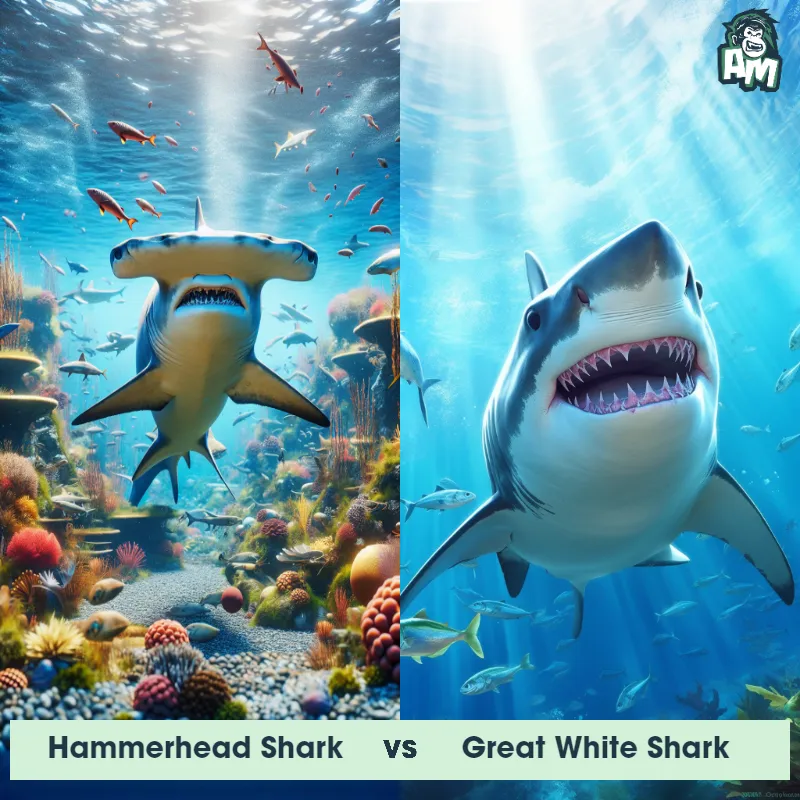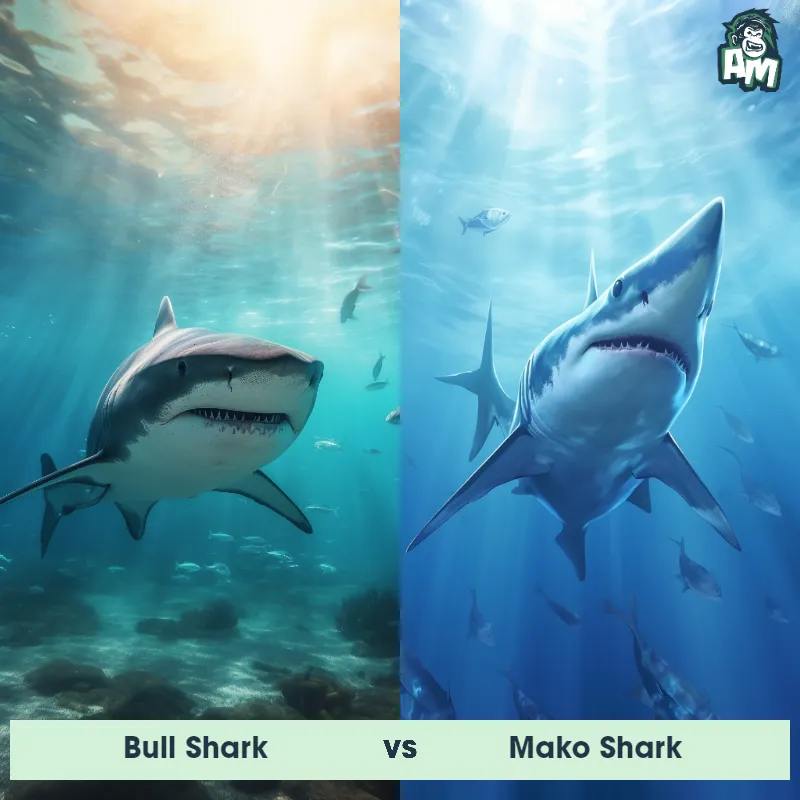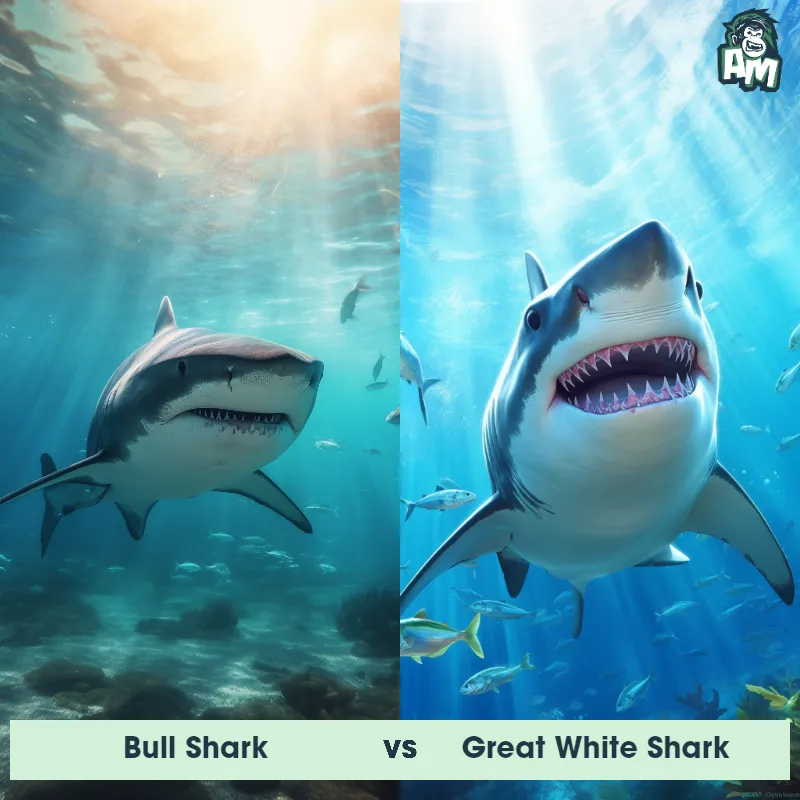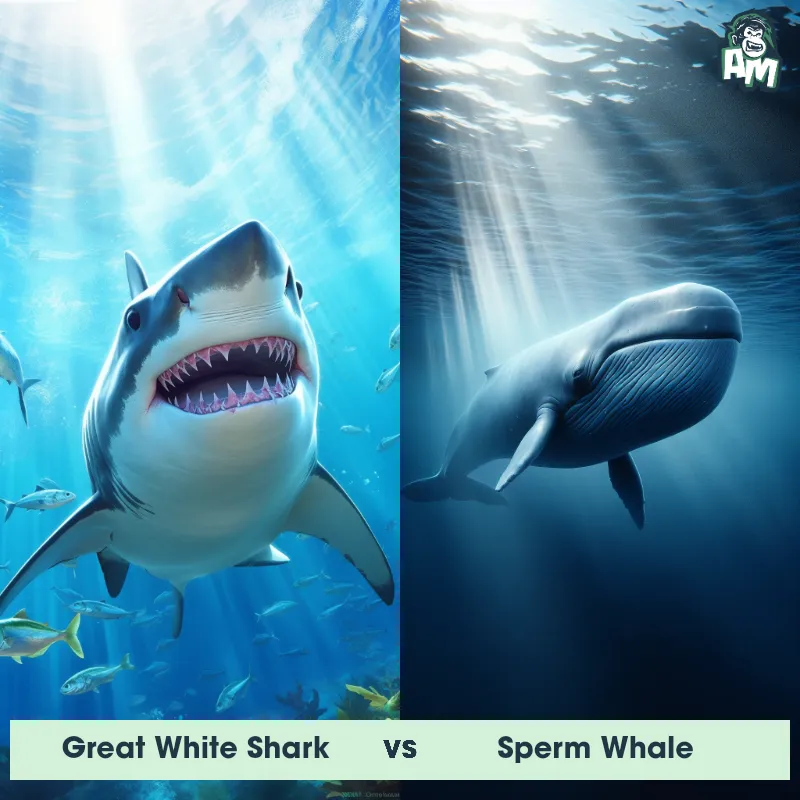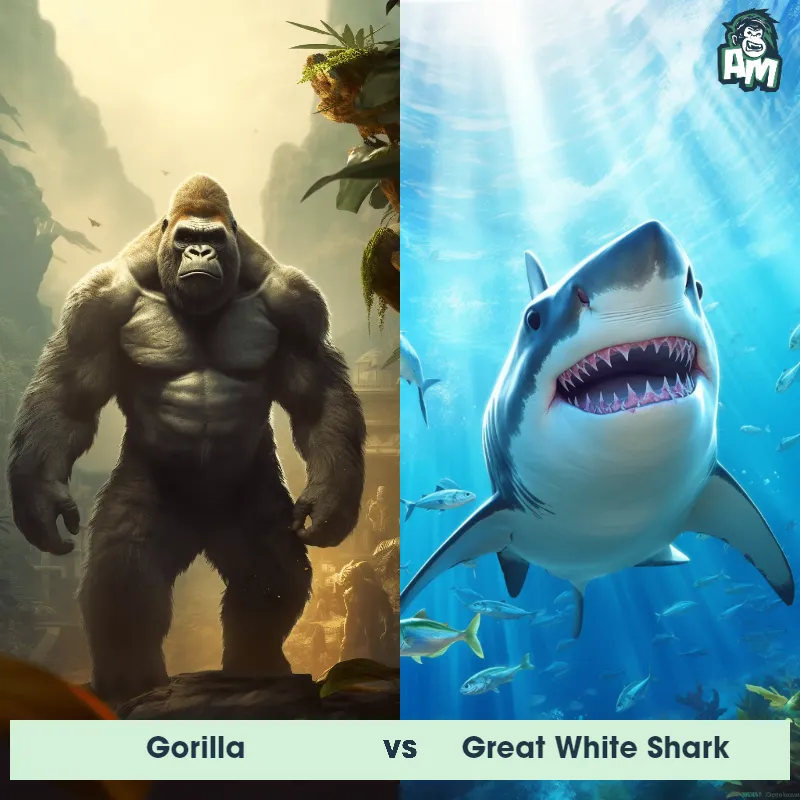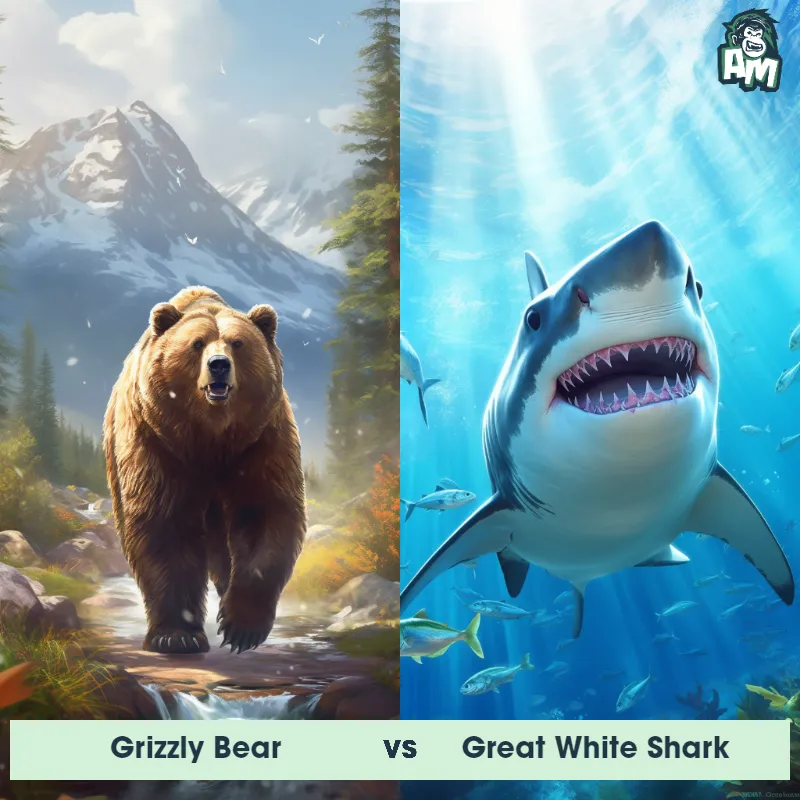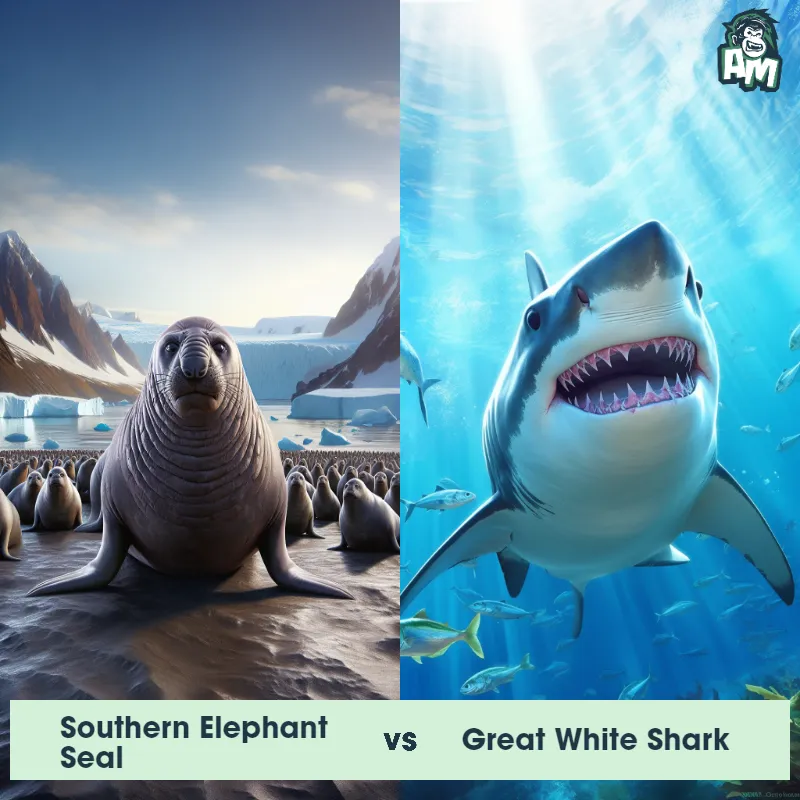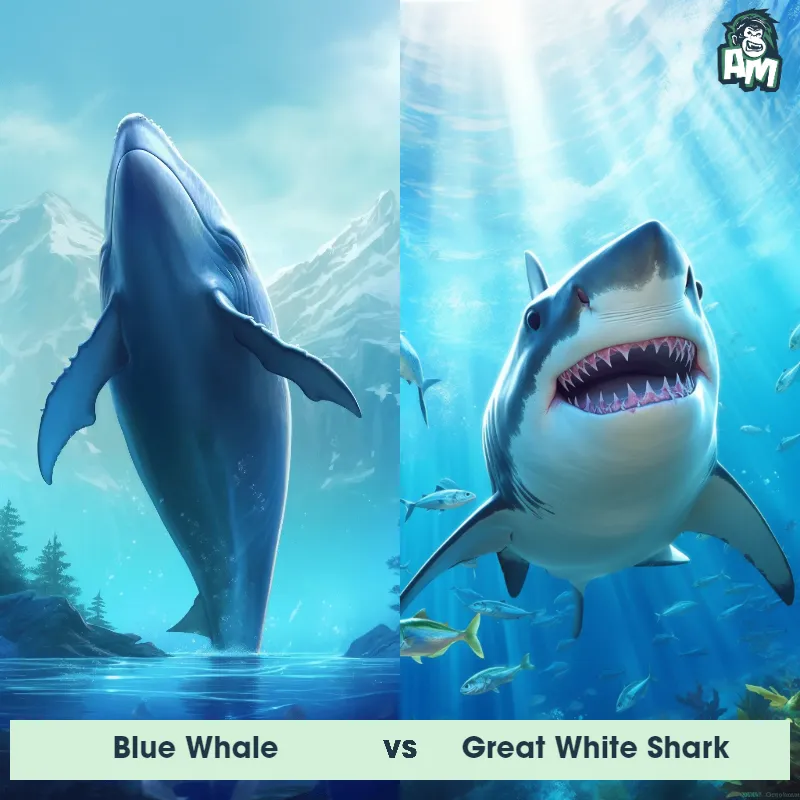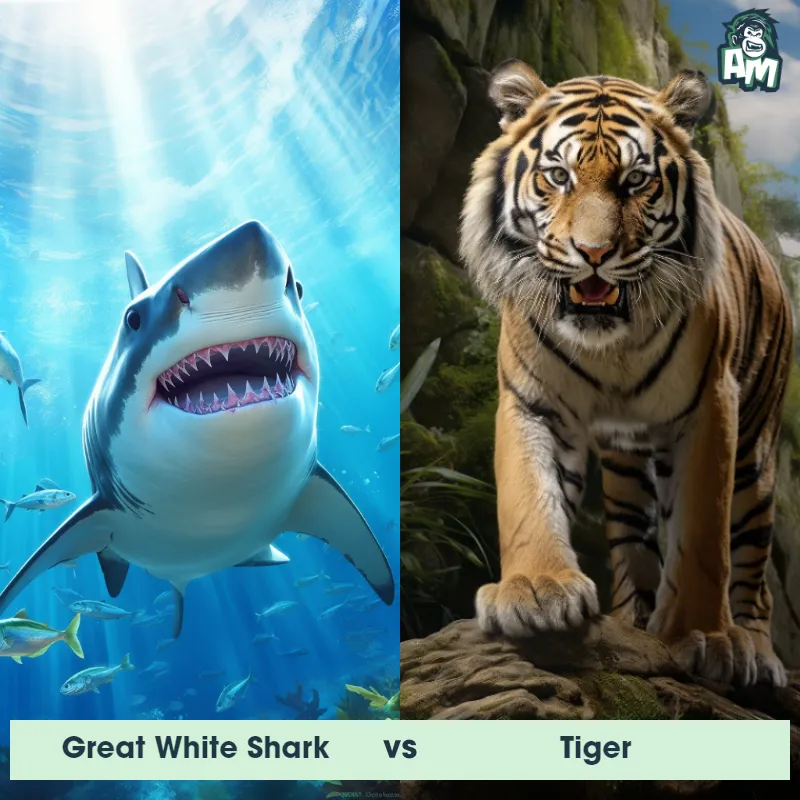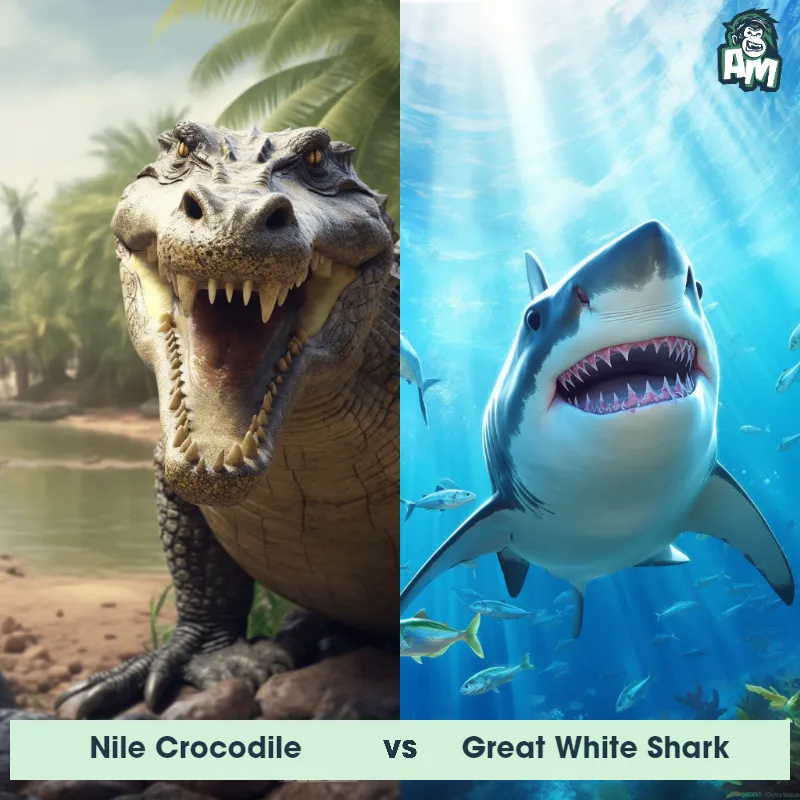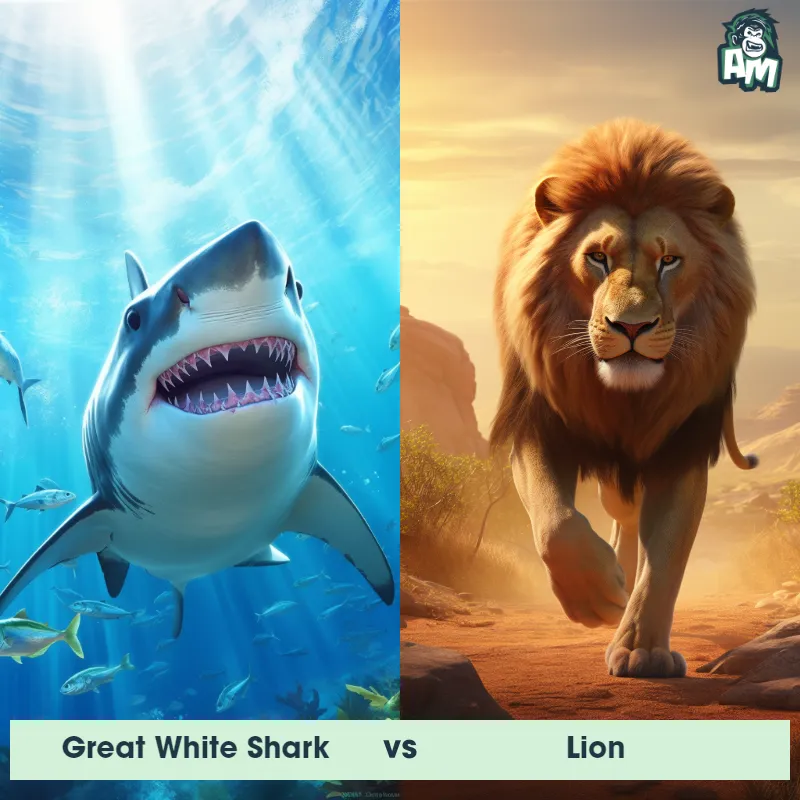Mako Shark vs SwordfishSee Who Wins
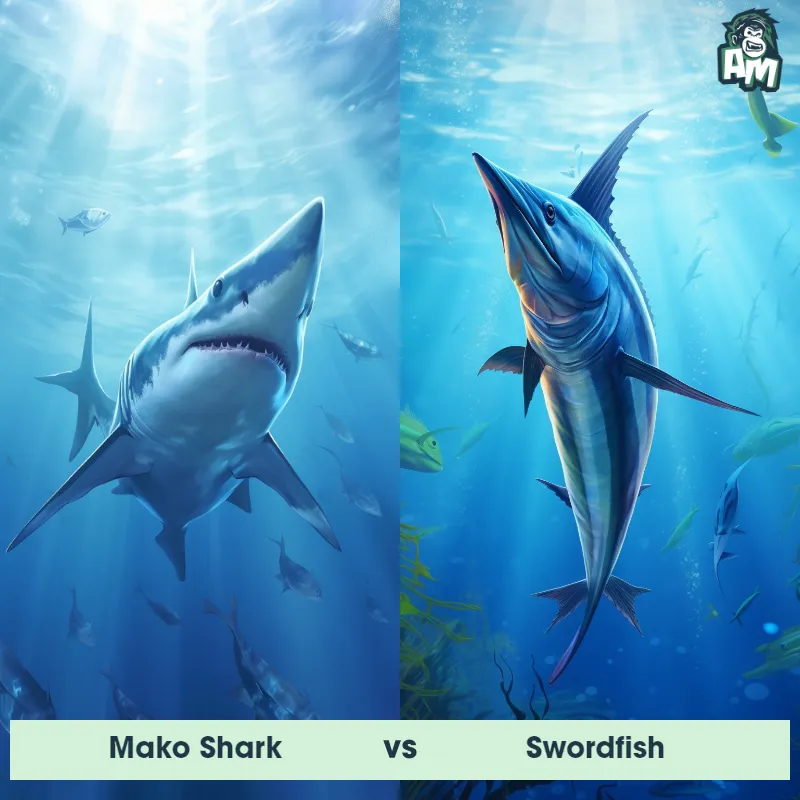
Ladies and gentlemen, welcome to what promises to be an epic matchup between two dominant forces of the deep blue sea! We have a Mako Shark going up against a formidable Swordfish. The anticipation is electric as they prepare to square off in this three-round fight. These creatures are known for their speed, agility, and lethal weaponry. Hold on to your seats, folks, as we dive into the depths to witness this captivating battle unfold!
Contender 1: Mako Shark
The Mako Shark, also known as the Blue Pointer, is a large and powerful shark species that can grow up to 12 feet in length and weigh over 1,000 pounds. They have a sleek and streamlined body with a pointed snout, large eyes, and a crescent-shaped tail. Their upper body is dark blue while their underbelly is white, which helps them blend in with the ocean's surface and sneak up on their prey. Makos are known for their incredible speed and agility, capable of swimming up to 60 miles per hour and leaping out of the water.
Fun Fact: The Mako Shark is known for its incredible jumping ability, and has been observed leaping up to 20 feet out of the water in pursuit of prey.
Contender 2: Swordfish
The Swordfish is a large, highly migratory, predatory fish known for its elongated, flat bill, which resembles a sword. The body is designed for fast swimming with a streamlined, powerful physique that can reach lengths of up to 15 feet and weights of up to 1,400 pounds. They have a unique coloration, dark on top ranging from black to lighter browns, and white or lighter hues on the underbelly. Swordfish primarily feed on a diet consisting of various fish and squids.
Fun Fact: Swordfish are among the fastest fish in the ocean, capable of reaching speeds of up to 60 miles per hour due to their powerful, crescent-shaped tails and streamlined bodies.
Matchup Stats
| Mako Shark | Swordfish | |
|---|---|---|
| Size | Up to 12 feet (3.7 meters) | Up to 15 feet (4.6 meters) |
| Weight | Over 1,000 pounds (454 kilograms) | Up to 1,400 pounds (635 kilograms) |
| Speed | Speed: 60 mph (96.56 km/hr) | 60 mph (97 km/h) |
| Key Strength | Speed and agility | Speed and powerful, sword-like bill |
| Biggest Weakness | Vulnerable to exhaustion | Limited maneuverability due to streamlined body |
Current Votes
Mako Shark vs Swordfish
See Who Wins
View More Matches
Looking For More?
Similar Matches
Scientific Stats
| Mako Shark | Swordfish | |
|---|---|---|
| Scientific Name | Isurus oxyrinchus | Xiphias gladius |
| Family | Lamnidae | Xiphiidae |
| Habitat | Open ocean | Open Oceans |
| Geography | Found in temperate and tropical waters worldwide | Worldwide in tropical, subtropical, and temperate seas |
| Diet | Other sharks, tuna, sea turtles, and other large fish | Various fish and squids |
| Lifespan | 20 years - 30 years | 9 years - 15 years |
Key Differences between Mako Shark and Swordfish
- Size: Mako Sharks are generally smaller than Swordfish, with an average length of 10-12 feet, while Swordfish can reach lengths of up to 14 feet.
- Coloration: Mako Sharks have a dark blue or grayish coloration on their dorsal side, fading to a lighter shade on their sides and white on their belly, whereas Swordfish have a deep blue-black color on their back and upper sides, with a silver-white underside.
- Shape: Mako Sharks have a streamlined, torpedo-shaped body with a crescent-shaped tail, whereas Swordfish have a more elongated body with a flat, sword-like bill.
- Tail: Mako Sharks have a large, asymmetrical, lunate-shaped tail with a pronounced upper lobe, providing them with high-speed swimming capabilities, while Swordfish have a deeply forked tail with equally sized lobes, allowing for powerful and agile swimming.
- Fins: Mako Sharks have long, slim, pointed pectoral fins and a large, triangular dorsal fin towards the back, while Swordfish have tall, erect, sail-like dorsal and anal fins and smaller pectoral fins.
- Teeth: Mako Sharks have long, sharp, triangular teeth designed for capturing fast-moving prey, while Swordfish have a bill-like structure for slashing and impaling their prey.



